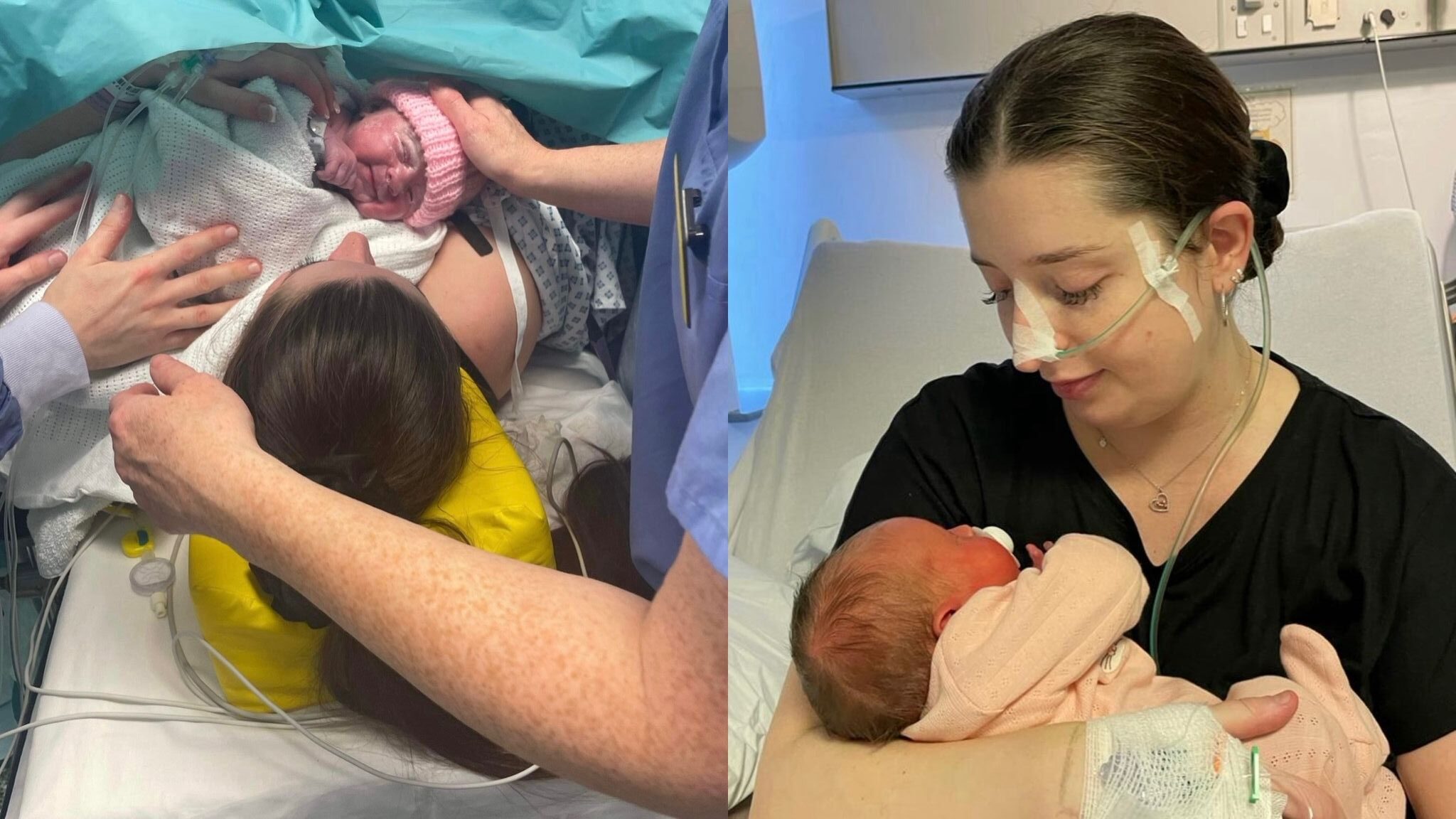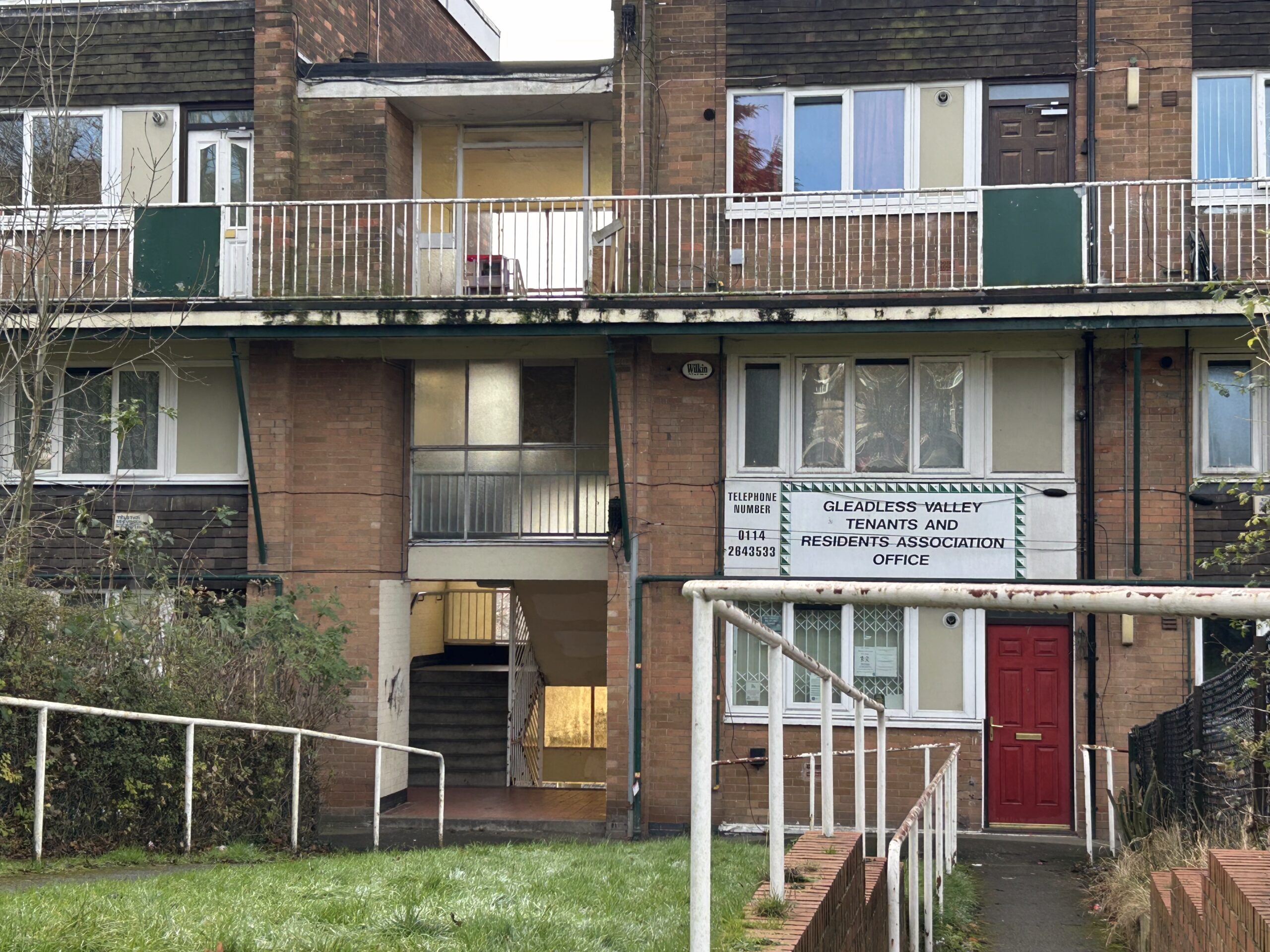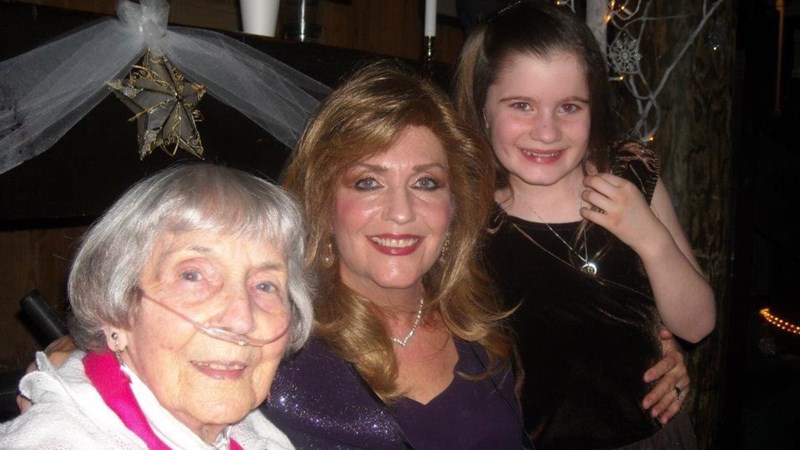A woman who described the birth of her daughter as a “horror movie” after she watched herself being cut open is now too scared to have another baby.
Bethanie Tuff, 26, who says she has been left with PTSD after she was left in pain and vomiting black fluid for hours in hospital, said she needed therapy to help her recover from the trauma.
The former healthcare assistant from the north of England, was 36 weeks pregnant when she was admitted to hospital to have her baby in November 2022.
Bethanie had gestational diabetes and was told that she would have to be put on a drip to induce labour as her baby was so big. But her body reacted badly and she into uterine hyperstimulation, causing excessive and sustained contractions.
“It was so painful. I wasn’t progressing but they didn’t want to stop the drip so I endured it for hours,” Bethanie says. “The midwife was supposed to be in the room with me at all times but she kept disappearing.”
Eventually Bethanie made the decision to have a C-section. She was given an epidural and left for a further five hours before being taken into the theatre. To her horror Bethanie could see her own reflection in the metallic lights above her and not long afterwards the epidural started to wear off.
“I started screaming because I could feel everything,” says Bethanie. “But they didn’t believe me. They [the medical staff] were very short with me.
“It felt like I was in a Saw movie, laid there, seeing myself getting cut open with no anaesthetic.”
At the point her daughter, Lena, was delivered Bethanie began haemorrhaging. She was only able to hold her new baby girl, Lena, for seconds before being placed under general anaesthetic.
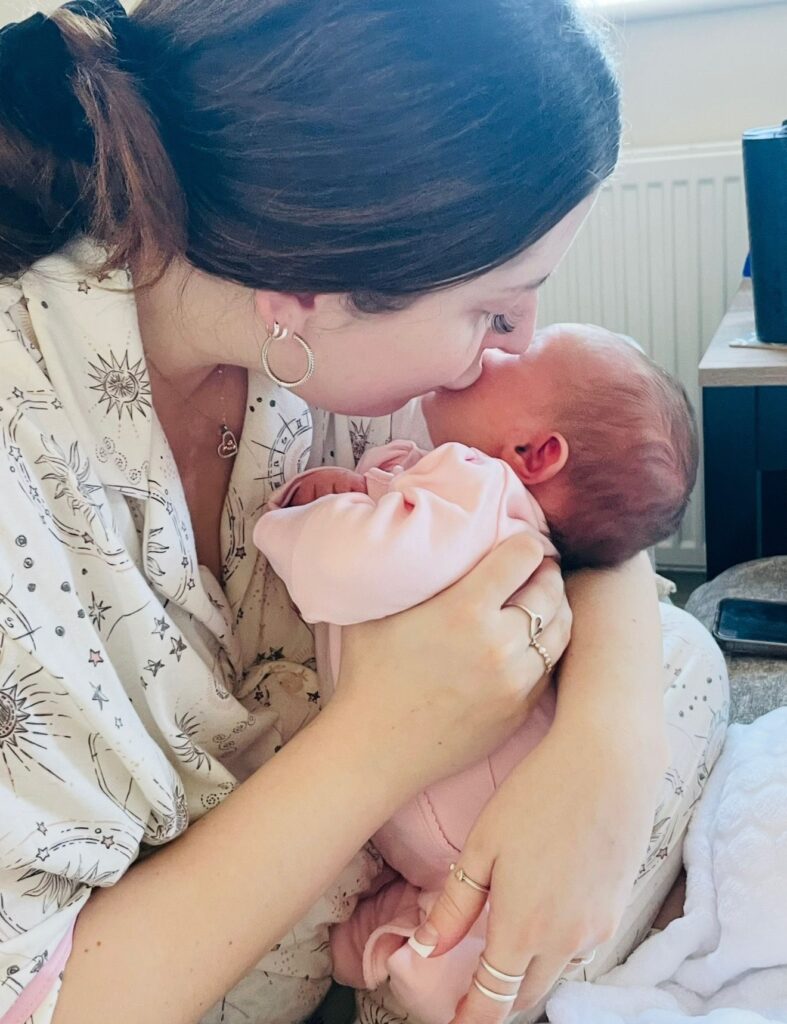
“When I woke up I was covered in blood,” says Bethanie. “My partner, Filip, had to help me wash.”
A few hours later, hospital staff told Bethanie she had to ‘get walking’ and her catheter needed to be removed.
“I told them I didn’t feel ready,” she says. “With my background in healthcare I knew that they shouldn’t have taken it out yet, but they weren’t listening to me. They put in five catheters altogether because they kept taking them out before I was ready.”
Two days after giving birth Bethanie started vomiting black fluid. “Filip kept going to tell the midwives and nobody was listening or doing anything about it,” she says. “When I eventually went for a CT scan they found that my bowels weren’t working properly and I had to have tubes inserted to drain the fluid.
“I literally thought I was going to die. The professionals around weren’t compassionate or reassuring, and the whole time I was petrified.”
A week after Bethanie was first admitted to hospital, despite being unable to walk, staff told her she was ready to go home.
Bethanie claims this was down to the fact the maternity ward was understaffed.
“The midwives would even say ‘it’s impossible to do our jobs right now’,” says Bethanie.
The new mum spent the next six months unable to walk more than a few metres at a time. She was in and out of hospital, and prescribed several different antibiotics to treat infections to her wound.
“At one point they wanted to readmit me but I was so scared of the hospital I refused,” says Bethanie. “I didn’t want to go back there.”
When the community midwife visited Bethanie at her house shortly after the birth, she advised her to get therapy, which the NHS offers to people who have had traumatic births.
Bethanie hoped she would get over the trauma on her own so only self-referred herself after two years.
“It got to the stage where I was struggling to live every day not knowing how to deal with it.”
The 12 therapy sessions helped Bethanie and she is now able to talk about her experience without crying.
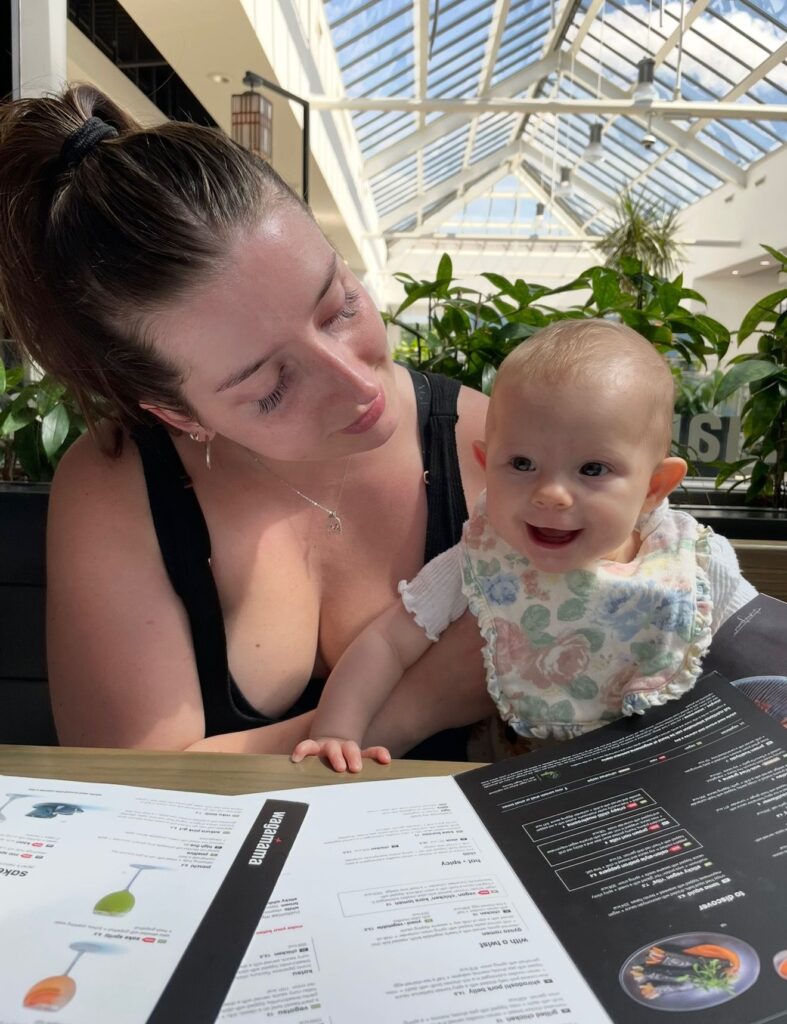
Bethanie arranged a debrief with the hospital to try and understand what went wrong. Initially she says the hospital claimed they couldn’t find her notes, and during the eventual meeting she felt “everything she said was contradicted”.
“It’s put me off having another baby”, says Bethanie. “I’d like to have one but I’m absolutely petrified.”
Bethanie has considered legal action and making a formal against but was worried about the effect it could have on her mental health.
“I don’t want to keep reliving my experiences over and over again, possibly for no outcome,” she says.
Dr Kim Thomas, CEO of the Birth Trauma Association, says: “Hospitals will often fight legal cases aggressively and do everything they can to make it difficult for you. It can be quite brutalising.”
According to Dr Thomas it is common for hospitals to claim to have lost notes, among other “dirty tricks”.
She authored the 2024 report of the parliamentary inquiry into birth trauma, which found “a pattern of really poor care” and repeats many of Bethanie’s experiences.
“Women often had an idea that something had gone wrong in the labour but were ridiculed or had their concerns dismissed”, says Dr Thomas.
“We need a change in the culture so that women are being listened to. There needs to be better teamwork amongst midwives and obstetricians, and consent should be properly obtained before carrying out a procedure. A lot of women tell us that even after a traumatic birth, there’s no compassion from the hospital staff.”
Research suggests that four to five per cent of people develop PTSD after giving birth, equivalent to approximately 25,000-30,000 every year in the UK. Studies have also found that as many as one in three people find some aspects of their birth experience traumatic.
Despite its prevalence, people with birth trauma so often feel alone, said Dr Thomas.
“There’s this kind of assumption that birth is a happy thing and that as long as your baby’s born healthy you shouldn’t complain,” says Dr Thomas. “Nobody’s listening to you, nobody’s nurturing you, nobody’s taking care of you. And all you want is for somebody to say ‘I’m really sorry that happened to you’, which isn’t a difficult thing to say but it’s very rare for women to hear that.
“We have women coming to us who gave birth 40 years ago and they’re still traumatized by what happened. So if you don’t get treatment or support it might never go away.”
The Birth Trauma Association offers support, including WhatsApp groups and email-based peer support for people who may struggle face-to-face.
Earlier this week, former MP Theo Clarke publisher her memoir ‘Breaking the Taboo: Why We Need To Talk About Birth Trauma’.
On the brighter side, Dr Thomas says that people generally, though not without exception, have good experiences with the NHS therapy.
“They’re going from a point where their PTSD has completely taken over their lives, to a point where they’re almost back to their normal selves.”
But accessing help isn’t always easy, according to Dr Thomas. She said there are long waiting lists, and sometimes people who need therapy don’t meet the threshold. It can also be difficult for people struggling with their mental health to take that first step.

